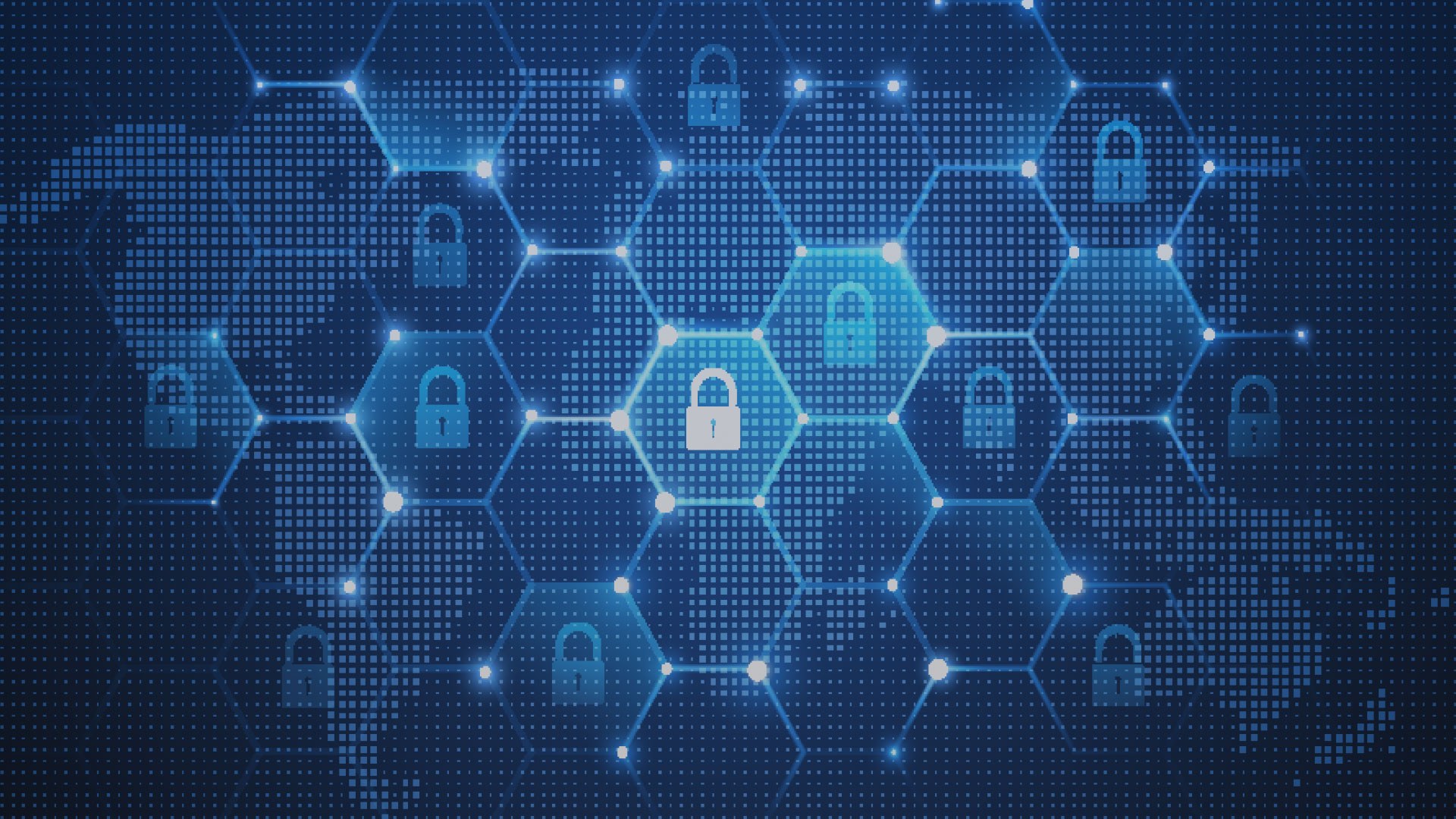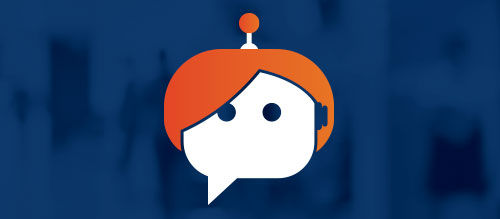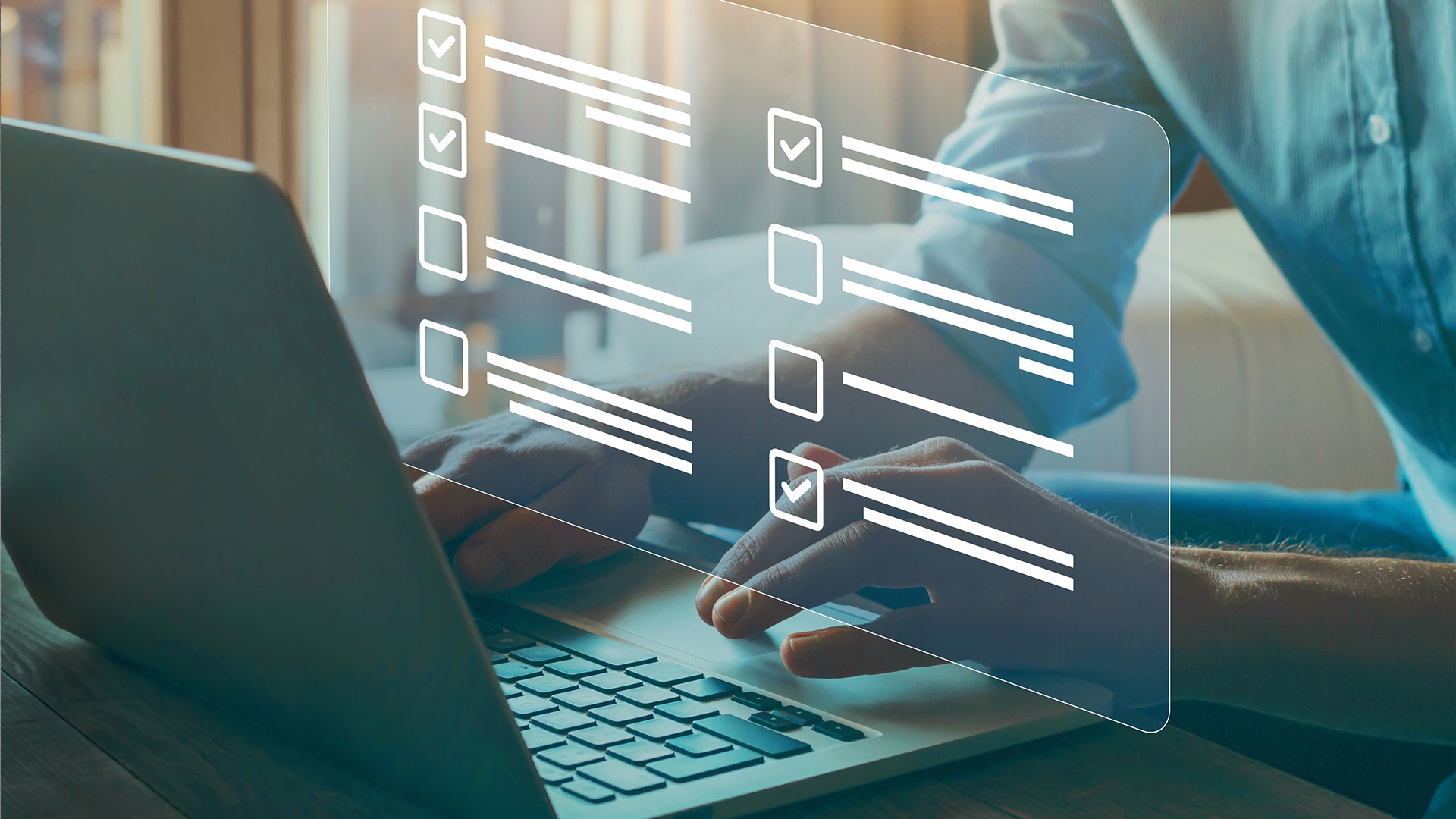- Solutions
Healthcare
- Resources
The Five Essential Security Questions You Should Be Asking Your Vendors

In today's digital age, the security of your business's data and systems is as crucial as any other aspect of your operations. Vendors play a significant role in your security posture, especially those providing software or services critical to your business processes. It's vital to ensure they uphold stringent security standards to protect against cyber threats. A key part of this due diligence involves understanding how quickly they patch critical vulnerabilities and keep their software updated. Here are the five essential security questions you should be asking your vendors.
1. How do you manage and prioritize software updates and patches?
Understanding the vendor's process for managing and prioritizing software updates and patches is crucial. This question sheds light on their commitment to security and their ability to respond to vulnerabilities swiftly. It's important that they have a structured process for quickly rolling out patches, especially for critical vulnerabilities that could be exploited by cyber attackers.
2. What is your average timeframe for deploying patches for critical vulnerabilities?
The speed at which a vendor can deploy patches for critical vulnerabilities is a strong indicator of their security posture. A vendor committed to security will have a process in place to deploy patches as quickly as possible, often within hours or days of a vulnerability being disclosed. Ask for specific timelines and compare them against industry benchmarks to gauge their responsiveness.
3. How do you communicate about available updates and security patches to your clients?
Effective communication is key in managing security risks. Vendors should have a clear and proactive communication strategy for informing clients about available updates and security patches. This includes providing detailed information about the nature of the vulnerability, the impact of the patch, and instructions for implementation. Ensure their communication method aligns with your needs for timely and actionable information.
4. Do you have a dedicated security team responsible for monitoring vulnerabilities and threats?
A dedicated security team signifies the vendor's investment in proactively identifying and mitigating security risks. This team is responsible for continuously monitoring new vulnerabilities, threats, and implementing security best practices. Their presence is a good sign that the vendor is committed to maintaining a strong security stance and ensuring their software remains secure against emerging threats.
5. Can you provide examples of how you've handled past security vulnerabilities?
Asking for specific examples gives you insight into the vendor's experience and competence in handling security issues. It allows you to evaluate their effectiveness in responding to and mitigating vulnerabilities. Look for instances where they've acted swiftly, communicated effectively, and minimized the impact on their clients. This history can be a reliable predictor of how they'll handle future security challenges.
Conclusion
In the interconnected ecosystem of digital business, your security is only as strong as the weakest link in your vendor chain. By asking these critical questions, you can better understand your vendors' commitment to security, their ability to respond to vulnerabilities promptly, and their overall capability to keep their software updated. This due diligence is key to building a secure and resilient operational environment for your business.
Interested in learning more? The team at VisiQuate is focusing on how we can help hospitals optimize their revenue cycle management. Visit our Revenue Cycle Playbook for step-by-step plays to help you stay on top of the ever-changing landscape of healthcare revenue cycle, or contact us to schedule a demo.
Other featured posts
© 2025 VisiQuate, Inc. All Rights Reserved.







